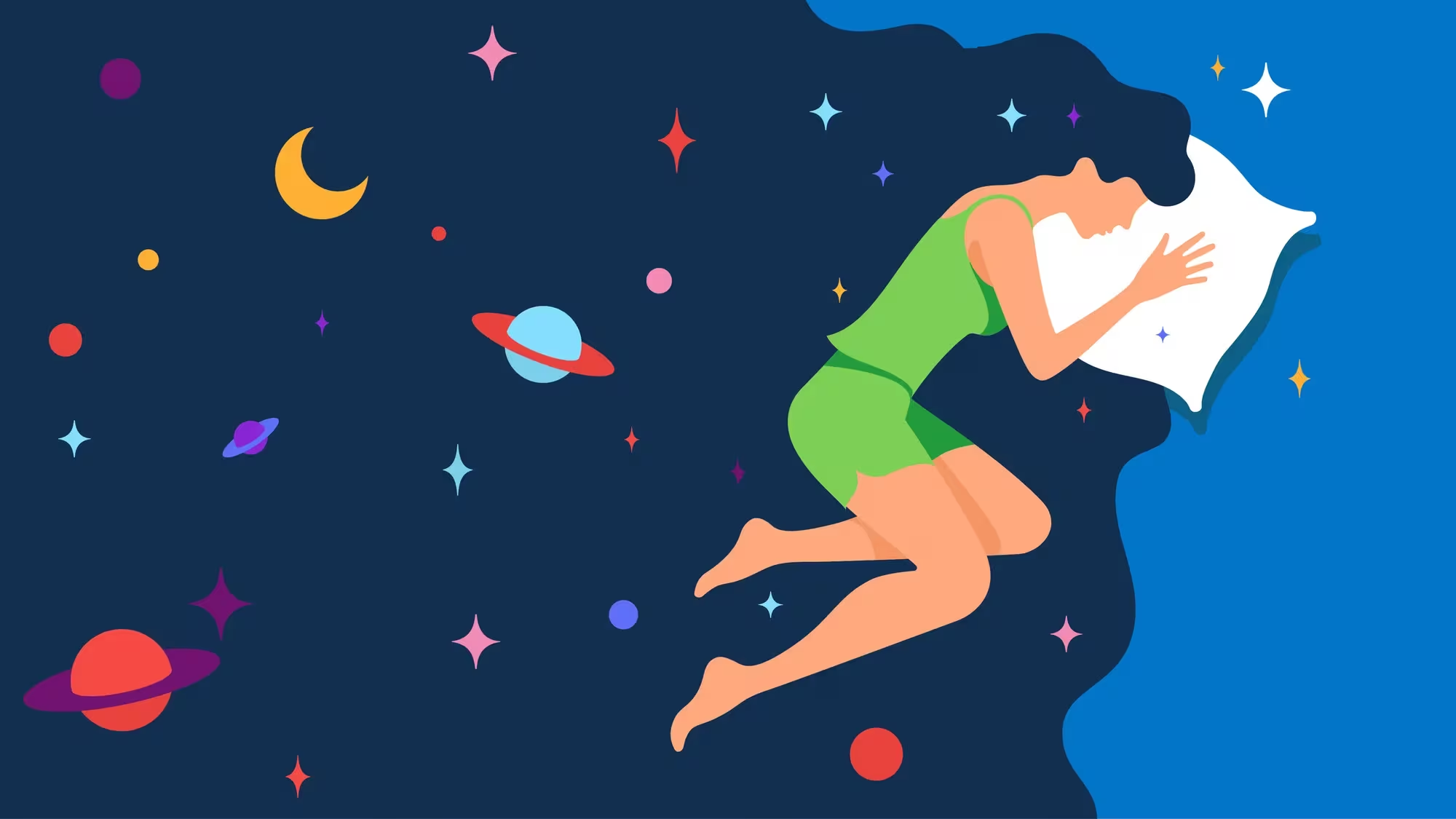Physical Address
304 North Cardinal St.
Dorchester Center, MA 02124
Physical Address
304 North Cardinal St.
Dorchester Center, MA 02124

Why dream memories stick for some but fade for others
Dreams are a fascinating part of human experience, yet not everyone recalls them equally. While some people wake up with vivid details of their nighttime adventures, others struggle to remember even a fragment. Scientists have long studied this mystery, uncovering connections between brain activity, sleep stages, and lifestyle factors that all play a role in why dream recall varies from person to person. By exploring these areas, we can better understand how our minds work during slumber and why our memory of dreams isn’t universal.
One of the most significant factors influencing dream recall lies in brain activity. Studies have shown that individuals who frequently remember dreams often display higher levels of spontaneous brain activity in certain regions, especially the temporo-parietal junction. This area is linked to self-awareness and the ability to introspect, which can help in making a dream more memorable upon waking. Enhanced communication between memory-related regions also seems to play a role in storing dream fragments.
Brain imaging research reveals that people with higher dream recall experience increased activity in the prefrontal cortex. This part of the brain is associated with executive functions, like decision-making and attention. When this region is more active, it may allow more dream content to pass from short-term to long-term memory. Conversely, those with lower activity in these regions are less likely to maintain dream memories.
Another key finding is that frequent dream recallers are more likely to wake up during the night or experience lighter sleep. These micro-awakenings give the brain a chance to encode the dream content into memory, much like pausing a movie to take notes. For those who sleep deeply without interruption, dreams may dissipate quickly because they aren’t given the opportunity to be reinforced in waking consciousness.
Overall, differences in brain activation patterns highlight why some people naturally recall more dreams than others. While these factors may be partially genetic, they also emphasize the importance of how individual brain function influences the accessibility of our dream world in waking life.
Dreams occur most vividly during the REM (rapid eye movement) stage of sleep, which is closely related to how memory works. REM sleep is marked by heightened brain activity, similar to wakefulness, and it provides fertile ground for dream creation. When individuals wake up during or immediately after this stage, they are more likely to recall their dreams in detail because the dream content is still fresh in the mind’s memory system.
However, not all dreams occur in REM. Some can form during non-REM stages, particularly during light sleep. These dreams tend to be less vivid and harder to remember. People who spend more time in REM sleep or who wake more often during this stage generally report stronger dream recall. On the other hand, individuals who transition smoothly through sleep cycles without waking often may miss the chance to capture their dreams in memory.
The timing of sleep plays a crucial role as well. Towards the early morning, REM cycles get longer, and these extended dream phases increase the likelihood of recall if a person wakes up naturally. If a person is startled awake by an alarm in the middle of a deep sleep stage instead, the brain may not retain the dream as effectively, leading to little or no memory of it.
Ultimately, how dreams are remembered is tied closely to where in the sleep cycle a person awakens. Sleep researchers suggest that aligning our waking patterns with natural sleep rhythms can enhance dream recall, offering insight into the fascinating bridge between the unconscious and waking consciousness.
Beyond biology, lifestyle habits play a powerful role in dream recall. People who maintain irregular sleep schedules or get insufficient rest often disrupt their natural sleep cycles, reducing their chances of remembering dreams. On the other hand, those who prioritize consistent sleep patterns may experience improved dream memory simply because their brain and body have time to complete full cycles of REM sleep.
Stress is another critical factor. High stress levels increase the likelihood of fragmented sleep, which can paradoxically both help and hinder dream recall. While stress may cause frequent awakenings that allow glimpses of dream memory, it can also interfere with the brain’s ability to encode those memories properly. As a result, stressed individuals may remember more dreams, but those dreams may appear jumbled or emotionally intense.
Lifestyle choices such as alcohol consumption, caffeine intake, and screen time before bed also alter sleep quality and, in turn, dream recall. Alcohol, for example, suppresses REM sleep, making dreams less vivid and harder to remember. Meanwhile, mindfulness practices, meditation, and journaling before bed can improve awareness of inner experiences, which may enhance the likelihood of remembering dreams upon waking.
In short, the way we live directly influences how well we remember dreams. By reducing stress, improving sleep hygiene, and fostering mindfulness, individuals may increase both the clarity and frequency of dream recall. The mind requires both physiological readiness and mental openness to hold on to such ephemeral experiences.
The science of dream recall reveals just how interconnected our brains, sleep cycles, and lifestyles truly are. People who frequently remember their dreams benefit from unique patterns of brain activity and often wake at the right moment during REM sleep, while others may simply slip through the night without capturing dream fragments. Stress, daily habits, and sleep quality can further enhance—or hinder—this delicate process. While there is no absolute formula for remembering dreams, being mindful of sleep health and mental well-being gives us a better chance of peering into the hidden stories our minds create each night.